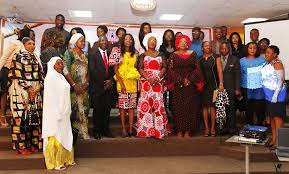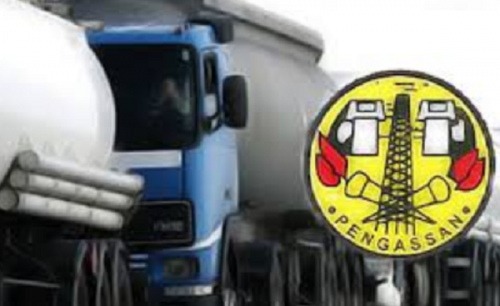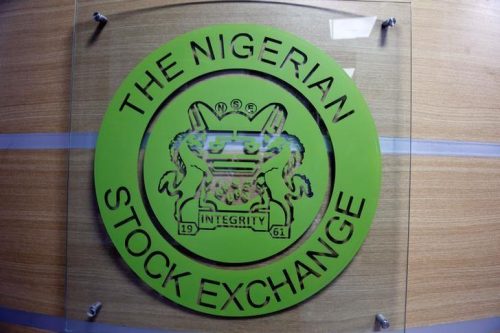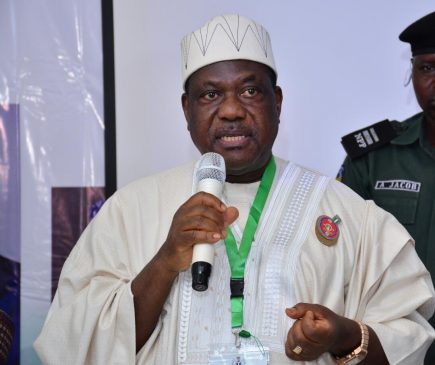‘How Lagos will fund N192.494bn deficit’
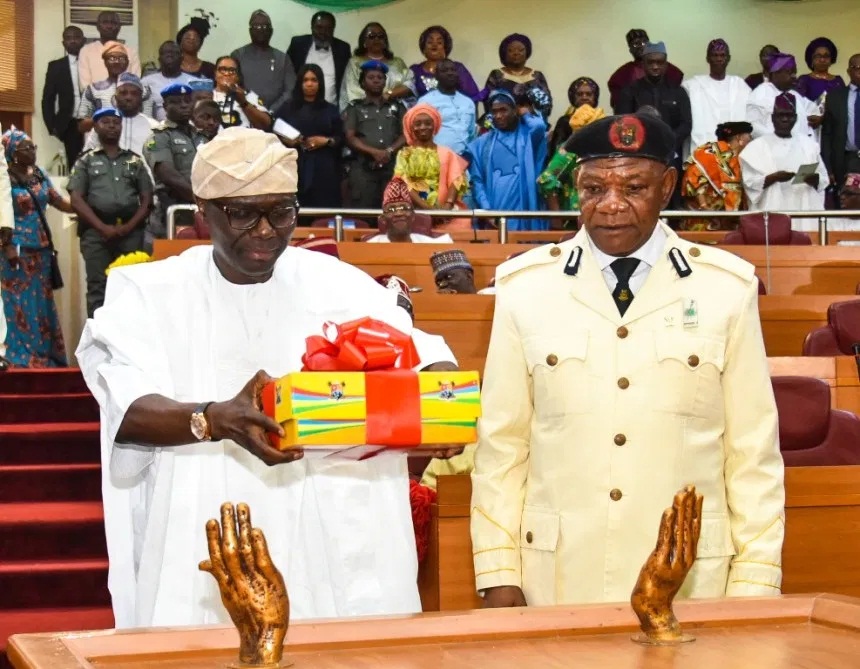
SAM NZEH & MOTOLANI OSENI
Lagos State government has explained how the N192.494 billion deficit in its 2021 Budget will be funded.
The 2021 Budget is christened ‘Budget of Rekindled Hope’ with N1.164 trillion as an appropriated sum.
Revealing this during the Facts-Behind-the Figures Media Roundtable held on Thursday in Lagos, Commissioner for Economic Planning & Budget, Sam Egube said the deficit is to be funded through a combination of internal and external loans which are well within government’s fiscal sustainability benchmarks.
According to him, the sum of N100 billion is to be sourced through Bond; N52 billion from External loan; while N41 billion will come from an internal loan.
READ ALSO: Sanwo-Olu meets Buhari, seeks FG’s help to rebuild Lagos
The total budget size of N1.164 trillion which is consistent with the T.H.E.M.E.S agenda of the Governor Babajide Sanwo-Olu administration, he added, will be funded from a total revenue estimate of N971.028 billion, comprising of Internally Generated Revenue of N723.817 billion; Capital Receipts of N71.811 billion; and Federal Transfer of N175.400 billion.
Egube further stated that a significant percentage of the projected IGR of N512 billion is expected to be contributed by the Lagos Internal Revenue Service (LIRS).
“We shall achieve this by expanding the tax net by simplifying the tax process, improving our transaction taxes and the appropriate use of technology, and improving the work environment, training and tools of tax administration personnel. This will improve the efficiency in operations of all revenue-generating agencies,” the Commissioner said.
He stated that the government believes that there are huge revenue opportunities in the state, including real estate, transportation sectors and markets among others, adding “We will continue to use data and intelligence to unravel revenue opportunities and leakages”.
The Economic Planning and Budget commissioner disclosed that Capital Expenditure took the Lion share in the Budget with N702.935 billion while Recurrent Expenditure got N460.587 billion, a ratio of (Capital to Recurrent) 60: 40.
The Recurrent Expenditure, according to Egube is moderated at a level of 40 per cent of the Total Expenditure, with personnel cost of N169 billion representing 14.5 per cent of the Total Expenditure.
The Recurrent Expenditure, he further stated, is broken down as Total Personnel Costs of N168.726 billion; Total Overhead Costs of N260.074 billion; and Debts Charges of N31.787 billion.
The Capital Expenditure which accounts for 60 per cent of the total budget size, the Commissioner added, “is a demonstration of the administration’s commitment to massive infrastructure renewal and development towards rebuilding and actualizing a Greater Lagos”.
Among the key highlights and projects in the budget include N166.579 billion for construction and maintenance of roads and other infrastructures and N92.745 billion for the Transportation family (Blue and Red rail lines, Junction improvement across the state, Completion of trailer parks and development of quality bus corridors amongst others).
The sum of N146.935 billion is provided for the Education sector; Science and Technology got N23.502 billion; Health received N105.988 billion; Environment got N59.659 billion; Tourism received N5.053 billion; Sports Development was allocated N5.118 billion; while Housing and Community Amenities received N33.952 billion.
The sum of N11.715 billion was allocated to Agriculture and Food Security in the budget. This, however, excludes the sum of N3.520 billion for Ncares programmes.
The Budget also provides the sum of N7.222 billion to sustain the implementation of the Employment Trust Fund Scheme of the state government which commenced the disbursement of loans to beneficiaries since 2016 while a total of N4.022 billion is set aside for various initiatives and empowerment programmes for women.




